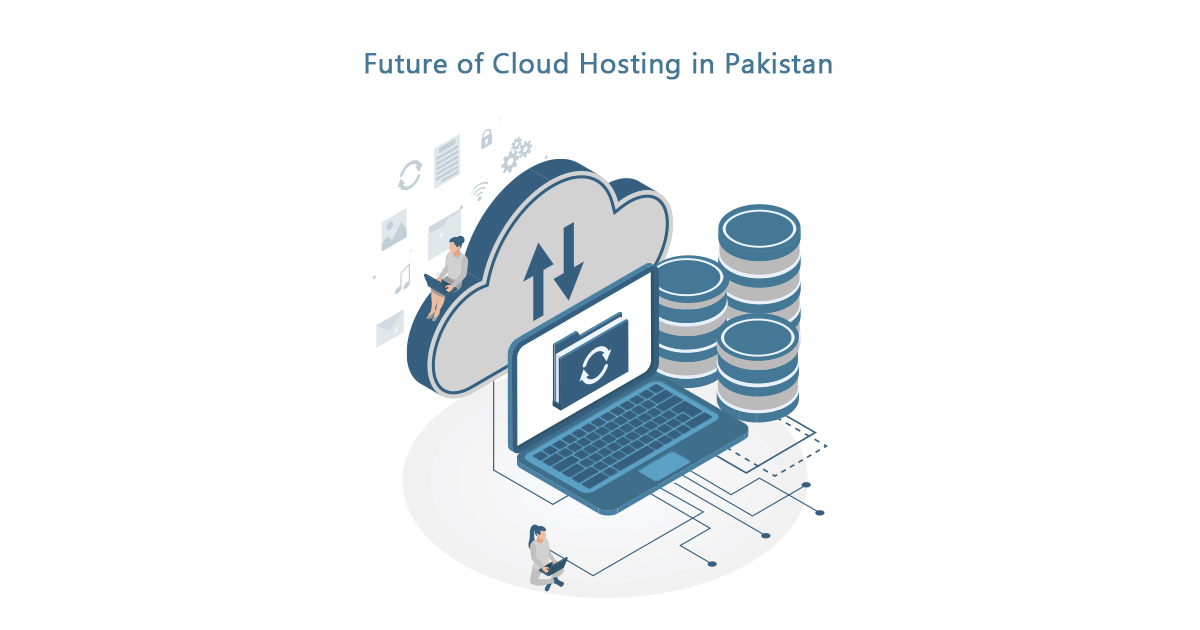Cloud computing is the delivery of computing services including servers, storage, databases, networking, software, analytics and intelligence over the internet (“the cloud”) to offer faster innovation, flexible resources and economies of scale. Predicting exact future trends is tricky but our WebsCare team can share some general changes and improvements in cloud computing that might shape Pakistan’s IT landscape in the coming years.
What makes web hosting services crucial for online businesses? Let’s avail our services today to boost your business.
Growth of Cloud Hosting Services
According to Statista, the global cloud computing market is expected to be valued at $168.6 billion by 2025. Cybercrime Magazine predicts that 200 zettabytes of data will have been stored in the cloud by 2025. Transitioning to cloud services can enable businesses to tap into new revenue streams potentially increasing profit growth by up to 11.2% year-over-year.
Trends and Predictions
Here are some possible future trends for cloud services in Pakistan
Hybrid and Multi-Cloud Adoption

As more SMEs recognize the benefits of cloud hosting such as cost savings, scalability and flexibility, they are likely to adopt cloud services for their operations. The push towards digitalization across various sectors will further accelerate cloud adoption. This means they will combine public clouds, private clouds and their own on-site solutions to find the right balance between performance, cost and data security. Organizations will increasingly adopt hybrid and multi-cloud strategies to balance flexibility, risk management and control over their data and applications.
Local Data Centers

With the rise of data protection laws, local data centers are becoming essential. Companies will prefer local hosting to comply with regulations and ensure faster access for local users. Increased investments from both private and public sectors in building robust data centers will enhance service availability and reliability.
Edge Computing Integration
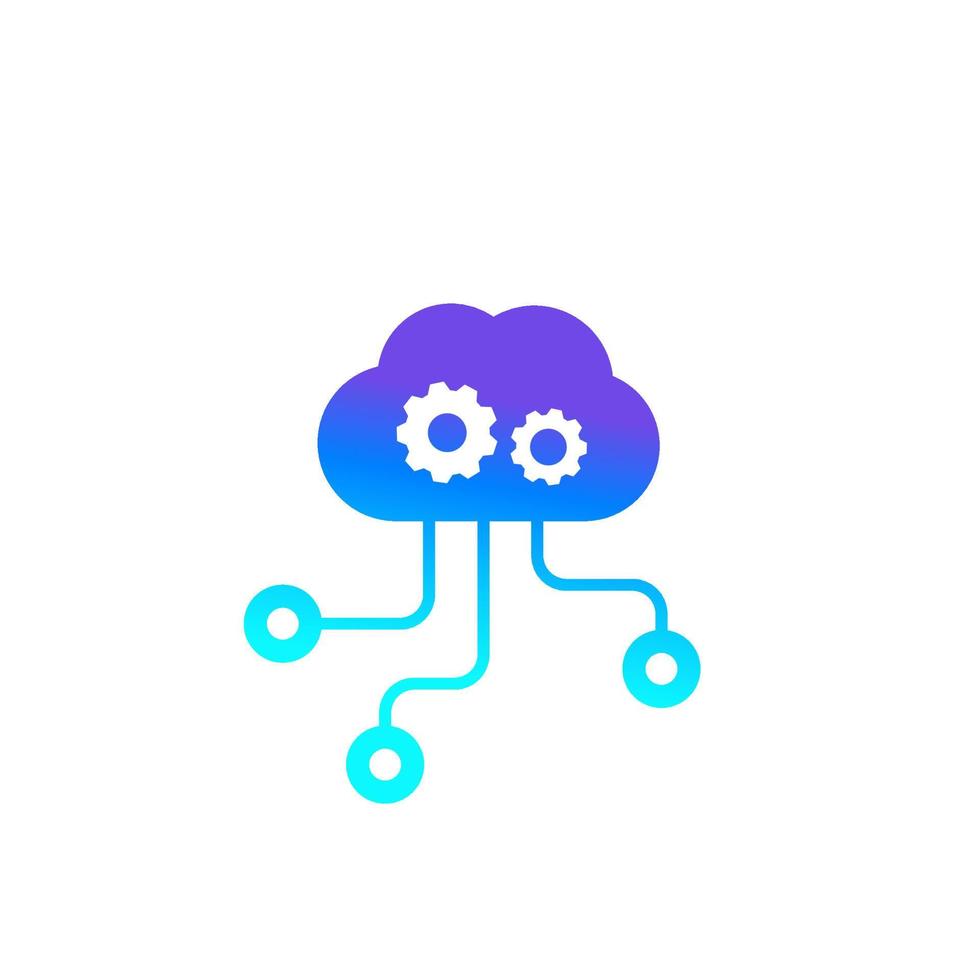
As more IoT devices are used and the demand for real-time data increases, edge computing might become more important. This means processing data closer to where it’s generated instead of sending it to central cloud servers. This trend could be useful in various areas in Pakistan such as agriculture, manufacturing and smart cities.
Industry-Specific Cloud Solutions

Cloud providers might create solutions designed for specific industries in Pakistan like agriculture, textiles and logistics. These solutions could include special tools, analytics and AI/ML features to help tackle the unique challenges each industry faces.
Data Privacy and Security

As data privacy regulations become more stringent globally, businesses in Pakistan would need to ensure compliance when using cloud services. This could lead to increased demand for cloud solutions that offer strong security measures, encryption and data residency options.
AI and Machine Learning Integration
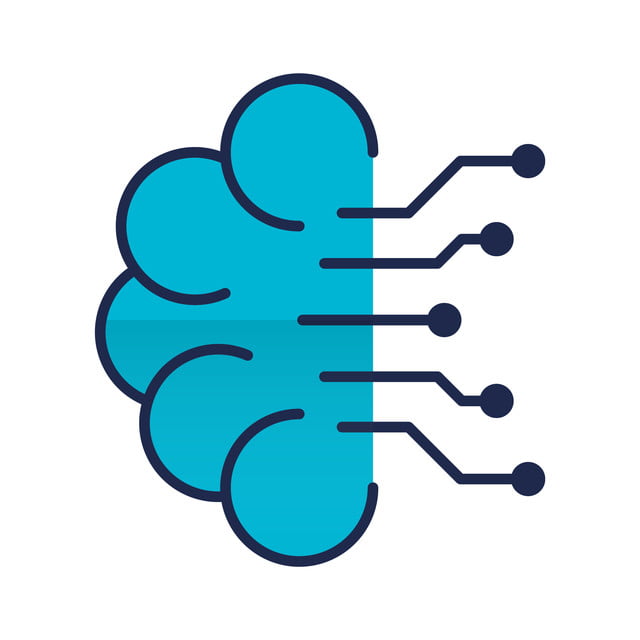
Cloud platforms will likely integrate more AI and machine learning tools and services, enabling Pakistani businesses to develop and deploy advanced analytics and automation applications without the need for extensive in-house expertise.
Serverless Computing
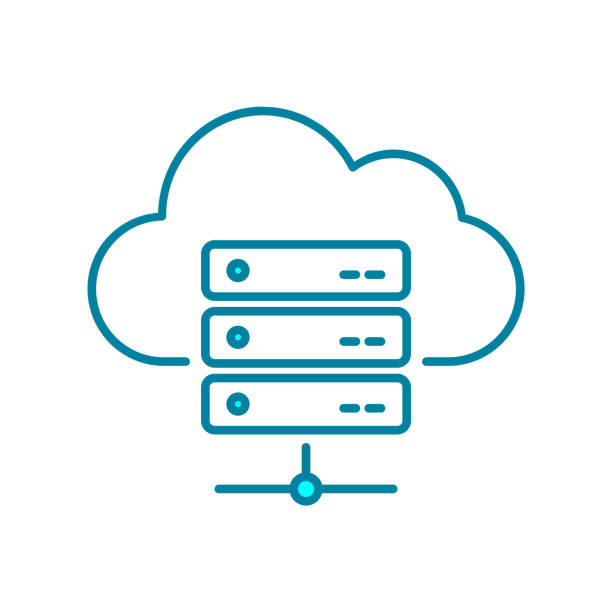
The serverless model where developers write code without worrying about managing the infrastructure could become more popular in Pakistan. This would make it easier to develop and deploy applications.
Federated Cloud Services
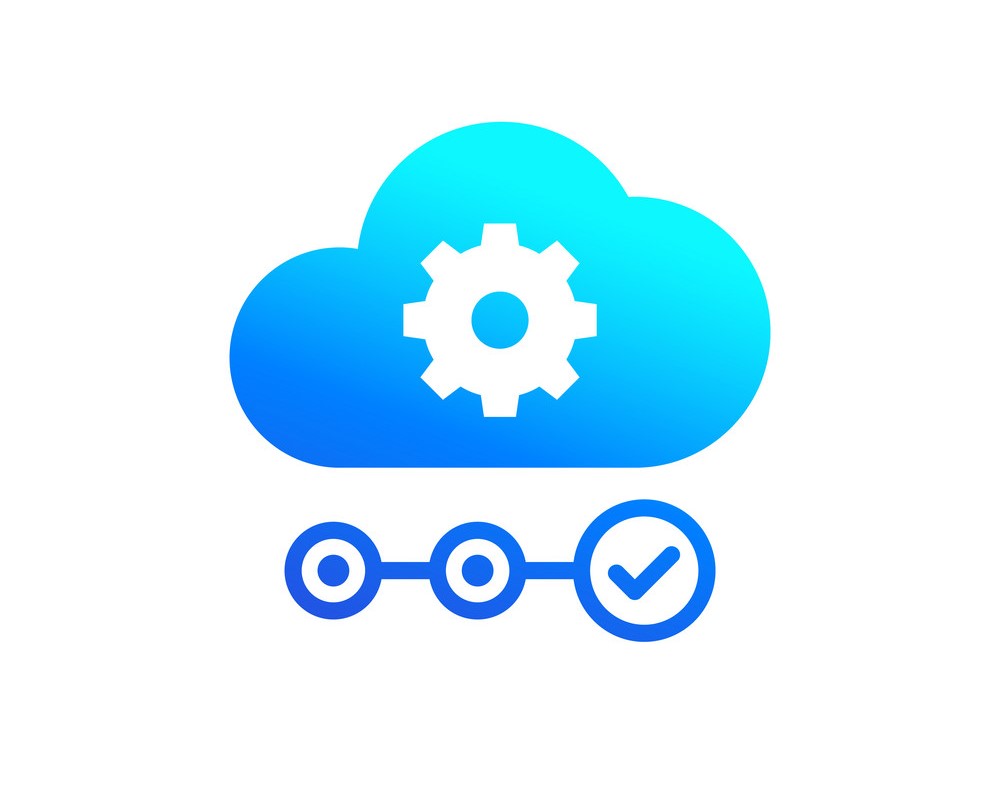
Cloud providers working together could create federated cloud services, making it easy to move data and workloads between different clouds. This would offer more flexibility and help reduce concerns about being stuck with one provider.
Green Cloud Computing
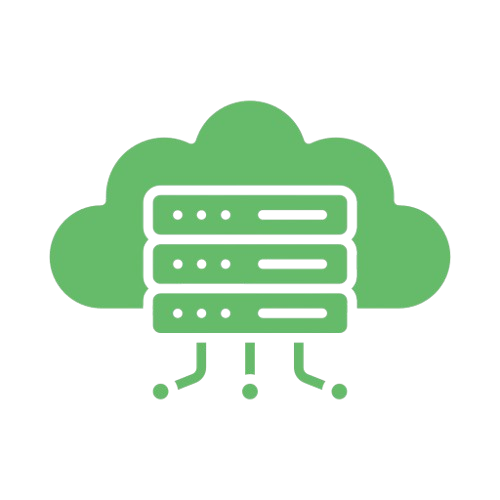
As sustainability becomes more important, there might be a shift towards green cloud computing. Cloud providers could offer more energy-efficient solutions and businesses might choose environmentally friendly data centers.
5G Integration

The launch of 5G networks in Pakistan could speed up the use of cloud services by providing faster and more reliable connections especially for applications that need quick response times.
Why are local Pakistan-based servers essential for effective web hosting? Let’s read more about the importance of local Pakistan-based servers for Web hosting.
Empowering Startups: The Role of Cloud Services in Accelerating Growth in Pakistan
Cloud services could help startups in Pakistan grow faster and more affordably, encouraging innovation in different industries.
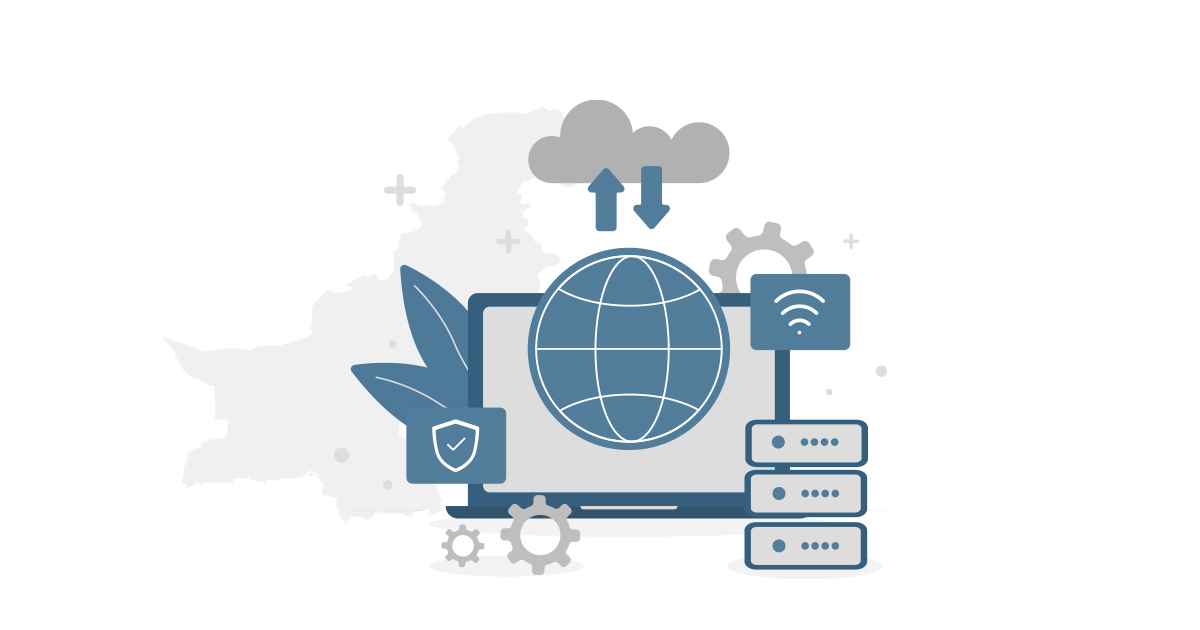
Containers
Containers are lightweight software packages that enable fast and efficient software delivery, unlike traditional Virtual Machines that need a full operating system. They include only the essential components to run applications anywhere—from laptops to public clouds. Google uses containers for services like Gmail and YouTube, allowing teams to deploy software quickly. Docker and Kubernetes have greatly increased the popularity of this technology.
Serverless
Serverless computing emerged to help the IT industry with hardware maintenance and software provisioning. It allows companies to focus on core functions while the cloud provider manages scaling and maintenance. This pay-as-you-go model improves efficiency by offloading routine tasks like scaling and patching to cloud services. As a result, engineers can focus on their applications, and users only pay for the resources they use.
Microservices
Dealing with single large applications is old-fashioned! Componentization has been the trend to simplify the software process. This process of breaking a more extensive app into small modules or components to deliver faster is called Microservice. A microservice architecture breaks monolithic apps into small, joined services or modules. This modular approach makes delivering multiple modules by different small teams easy, independent of the actual ‘bulk’ app.
DevOps
DevOps is a key trend in cloud computing that brings together different teams to work toward a common goal. Developers focus on coding, while operations teams manage metrics. This collaboration improves efficiency and gives organizations a competitive edge, enhanced by tools like DevSecOps for added security.
Internet of Things (IoT)
IoT is transforming technology with innovations like fitness trackers, smart homes and self-driving cars, all generating vast amounts of data. Many businesses use the cloud to process this data effectively. Cloud-based analytics platforms, supported by powerful servers, simplify data management. Major cloud providers also offer IoT solutions, making it easier and more affordable to set up IoT systems.
Artificial Intelligence (AI)
Artificial intelligence (AI) is reshaping technology with machine intelligence that operates without human help. While building AI applications can be complex, the cloud is crucial for many businesses. Cloud platforms provide the necessary computing and storage for machine learning and deep learning, making AI accessible to companies of all sizes. Cloud computing and AI are closely connected, offering cost-effective solutions for handling large data volumes and enhancing productivity. Future trends include more automation, improved data security, and personalized cloud experiences.
Edge Computing
Edge computing optimizes cloud networks by processing data closer to its source, improving real-time functionality and storing less time-sensitive data for the long term. As telecom and IT converge, edge computing is becoming increasingly important for cloud applications. The rise of IoT devices highlights the need for edge computing, enabling real-time data analysis and efficient traffic management for connected devices.
Kubernetes
A key trend is the growing use of container orchestration platforms like Kubernetes and Docker, which enable scalable and efficient large-scale deployments. Kubernetes, an open-source platform that allows applications to run from a single source while managing services and workloads centrally. Its rapid evolution ensures it will continue to play a major role in future cloud computing technologies.
DevSecOps
Cloud computing offers a user-friendly way to manage data, but it also brings security challenges like unauthorized access, service disruptions, and network vulnerabilities. Many businesses see these security risks as a major barrier to adopting cloud solutions. DevSecOps addresses this by integrating security from the start and automating key security tasks within workflows. The future of cloud computing relies on ensuring a secure environment for users, and DevSecOps is key to achieving that security.
Open Source
IT industry is shifting towards greater collaboration and innovation, prompting businesses to consider open-source cloud services. These platforms allow customization and flexibility in managing cloud infrastructure. Open-source solutions offer advantages like rapid scalability and easier feature additions while also raising fewer security concerns.
How is web hosting influencing the growth of Pakistan’s e-commerce industry? Let’s read more about the role of web hosting in Pakistan’s growing e-commerce industry.
Conclusion
Cloud computing is poised to play a pivotal role in shaping Pakistan’s IT landscape. With emerging trends such as hybrid cloud adoption, local data centers, and AI integration, businesses across industries can expect increased scalability, flexibility, and cost-efficiency. As security concerns and data privacy become more prominent, companies must stay informed and adapt to evolving technologies. WebsCare is committed to staying at the forefront of these advancements, offering expert cloud solutions tailored to local and international business needs. By leveraging cloud services, Pakistan’s IT sector can foster innovation, support startups, and accelerate digital transformation, ultimately driving economic growth and global competitiveness. Staying updated is key to harnessing these opportunities.

